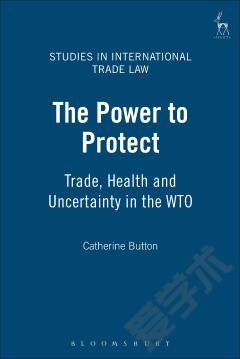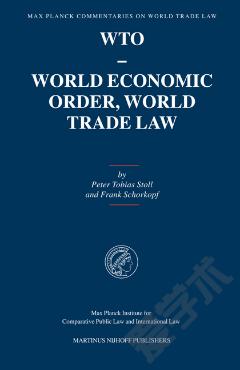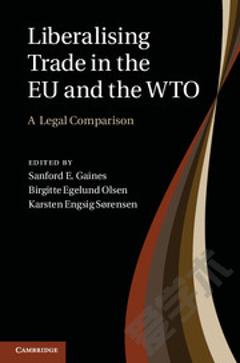Trade, Health, and the Burden of Proof in WTO Law
Most of us do not immediately think of health protection measures as trade barriers. Yet to the trade liberalization interest they are often exactly that – ‘hidden protectionism,’ some would say. When the conflict between trade and health hardens into a confrontation, allocation of the burden of proof becomes the critical factor in determining the outcome. And the outcome of such a WTO dispute may affect a very large number of people. This important book examines the WTO provisions applicable to health protection measures from a burden of proof perspective, with an up-to-date and thorough analysis of all relevant case law. It clearly demonstrates and explains the following and more: how burden of proof decisions, following from the burden of proof concept as it has developed in national legal systems and in general international law, may favour or disfavor different interests; the problems that may occur when risk-related facts have to be proved;how the legal facts in the WTO provisions specifically regulating the adoption of health protection measures have been interpreted in case law; and how the burden of proof concept can be used to balance the conflicting interests in ways other than those used so far.
{{comment.content}}








 京公网安备 11010802027623号
京公网安备 11010802027623号